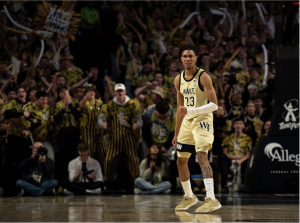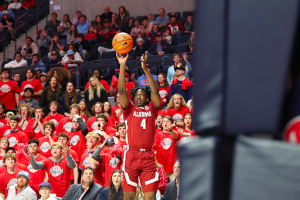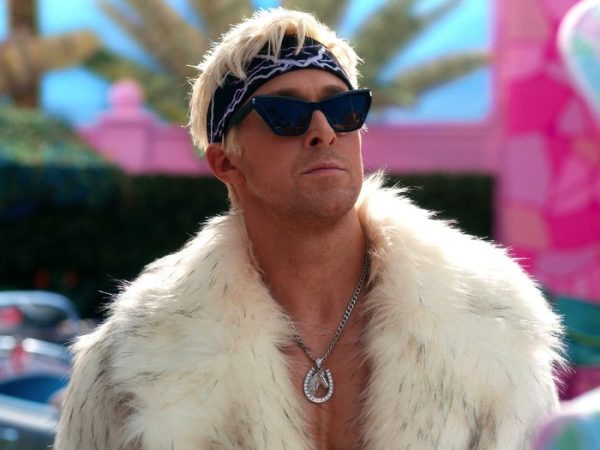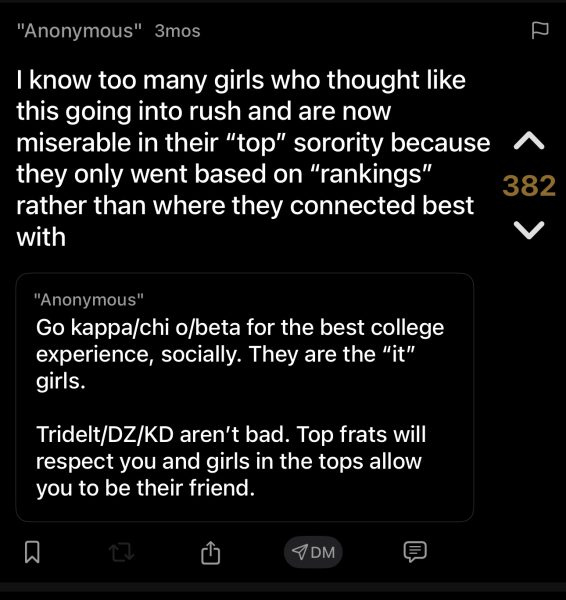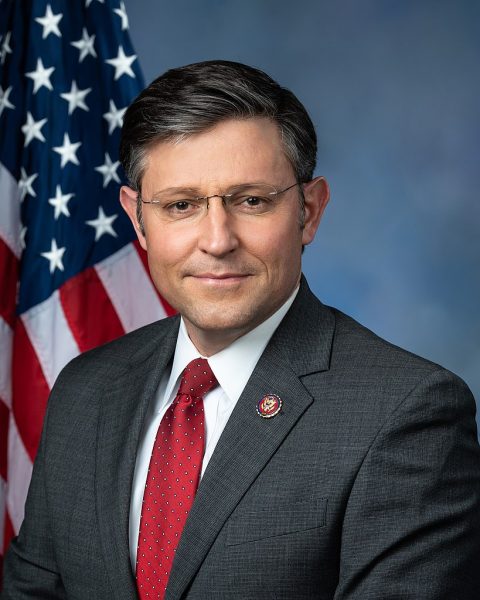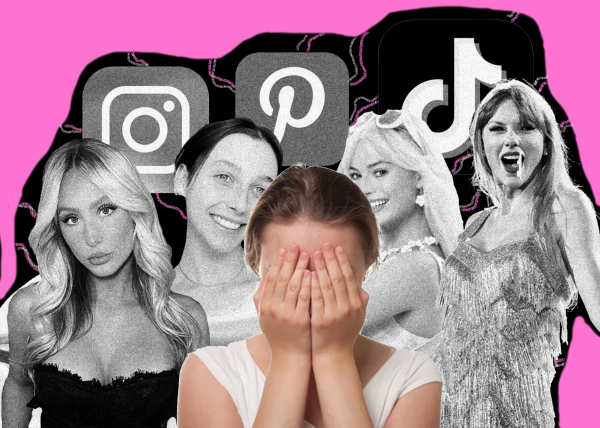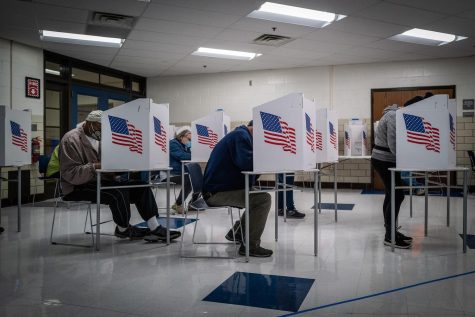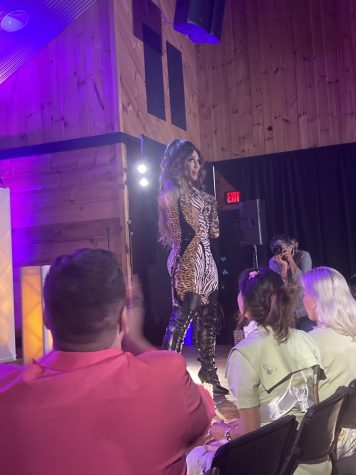Women in video game community face an uphill climb
Female Super Smash Bros. players still face challenges of discrimination
March 4, 2021
The video game series, Super Smash Bros. has had an incredible evolution over the years. To give you a brief history of these drastic changes, Super Smash Bros. (1991) was originally released for the Nintendo 64 gaming console and remained relevant until Super Smash Bros. Melee was released for the GameCube in 2001. Both were popularly received and achieved widespread critical acclaim. Super Smash Bros. remains a game with a huge audience even to this day.
In 2008, Super Smash Bros. Brawl was released for the Wii, and in 2014 Smash was released once again for the Nintendo 3DS and Wii U. Finally, in 2018, Super Smash Bros. Ultimate was released for the Nintendo Switch, Nintendo’s flagship console. The new and improved gameplay garnered universal praise from the gaming community and cemented the Smash video game series as one of the major party games. Super Smash Bros. is a great series of games and has a vast community behind it. I would say the two most active Smash Bros. communities these days are those of the Melee and Ultimate games, respectively.
The 20-year assembly of the Smash community has necessitated a ton of effort and care. Groups of Smash players have fostered a spirit of organizational innovation between themselves, weaving intricate networks of competitive play that take place all over the world. These different tournaments are extremely popular. They range from tiny, low-stakes tournaments like that of the Wake Forest Esports league, to huge worldwide tournaments, like EVO, which occurs annually in Las Vegas.
But in 2020, the negative aspects of the Smash community began to emerge from the woodworks. Allegations of predatory behavior from top players began to seep out from the cracks. These accusations, many of them being made towards skilled and popular players, shook the Smash community and sparked a serious conversation about accountability.
While perusing the Melee subreddit, I found comments that directed me towards a YouTube video called “Why Don’t More Women Play Smash?” It was there that I discovered a fascinating discussion about popular Melee player Mang0. Mang0 is a high-ranking Melee player who has done a lot for the Melee scene, having been an active and popular participant for over a decade. Although the problem that some in the Smash community have with him contains some nuanced elements, it is unarguable that any issue concerning a lack of accountability is of the utmost importance.
Mang0 recently posted a tweet that read, “Just remember one thing, you can [expletive] my [explitive] or not watch me at all.”
In Reddit comments about Mang0 — who is a very important and respected member of the Melee community — Redditors argued about the implications of this statement. In this seemingly funny and innocent tweet, Mang0 demonstrates a prevalent attitude in the Smash community regarding women and past mistakes. In other words, he’s saying, ‘I’m not owning up to my role in the community’s discourse, and if you don’t like that, then you can go away.’
It is important to understand that this controversy would not be nearly as problematic if it weren’t for the Smash community’s terrible history with women. In countless streaming videos, commentators have been seen commenting on a woman’s body in the middle of a tournament game. What I think a lot of top Smash players don’t realize is that this hint of behavior influences the young people who look up to them.
For little girls who play Smash — or even 19-year-old girls like me — there is no representation within the Smash community. If you want to be great at Smash as a female, you better get ready to be a pioneer.
For little boys who watch their favorite Smash players and either hear comments made about women within a stream or see that female characters are being utterly destroyed by sexualization, an example is actively being set for them to follow. The standard that is being perpetuated is that Smash is a man’s game — and with the fact that there are no top female players, this standard looks like it is set in stone.
Don’t get me wrong, I love Smash and its community. Even though I consider myself to be an extremely casual player, I have made some of my closest friends this year through the Intramural Smash league. However, part of my introduction into this community has led me to realize that there is a long road of accountability ahead for all Smash organizations, and the video game community at large.






